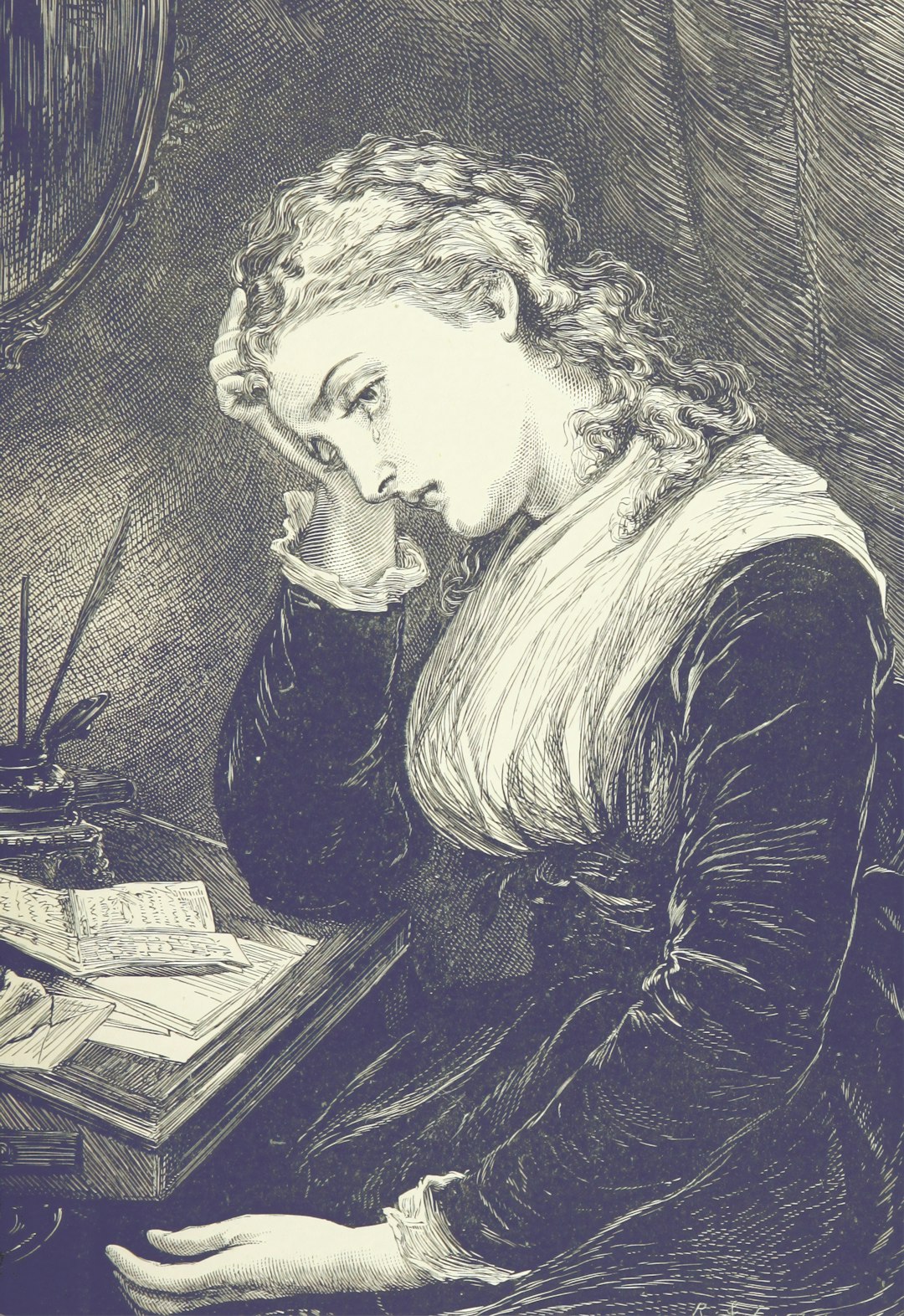Tears in the writer
Let's get emotional.
Paying subscribers can get this newsletter in audio form (complete with me murdering the French language) here.
Keep reading with a 7-day free trial
Subscribe to In Writing with Hattie Crisell to keep reading this post and get 7 days of free access to the full post archives.


